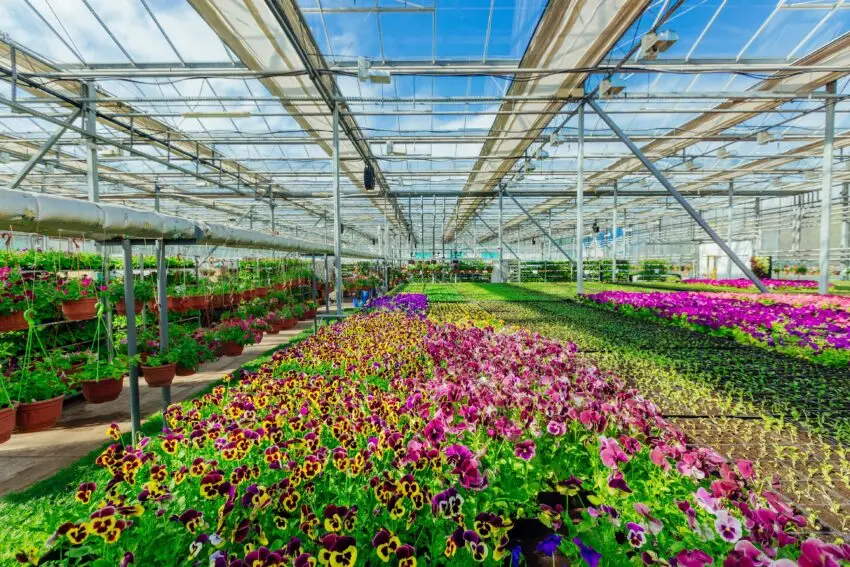Post-Brexit border checks have led to severe disruptions in the UK and EU horticulture trade. Industry leaders are calling for immediate government action to fix this growing issue.
Trade bodies report delays and increased costs, with some deliveries taking up to 44 hours. The new system has also resulted in significant financial burdens for haulage companies.
Increased Costs and Delays
The Horticultural Trade Association (HTA) and European trade bodies are urging immediate action to address severe disruptions caused by new border checks introduced in April. These changes have added over 25% to import costs.
Delivery delays at the border can last up to 44 hours, increasing the risk of pests and plant diseases. One haulage company reported 93 hours of driver waiting time in the first week, costing an additional £38,000.
Impact on Businesses
The new rules require specific plant and animal products from the EU to be inspected at border posts near British ports. This has led to significant inefficiencies and financial burdens for businesses.
For example, three trailers of plants were held for 44 hours due to a software glitch, causing most of the plants to wilt and be rejected.
Imports are categorised as high-risk and subject to stringent checks, unlike medium-risk items like meat and dairy. Importers argue that border posts are ill-equipped to handle the volume of plant imports.
Financial Strain and Biosecurity Concerns
Costs of border inspections are making trade financially unviable for many small businesses, with some facing up to £1,740 in additional costs for mixed loads of plants.
Previously, inspections were conducted at nurseries and farms under controlled conditions but are now almost exclusively done at border posts.
Industry leaders warn that current inspections may be superficial. In one case, checks on 50 mature olive trees were abandoned, raising concerns about biosecurity.
Government Response
The government claims these measures enhance biosecurity by preventing harmful diseases from entering the country.
They have published guidance to help companies reduce delays and assure inspections are conducted by trained staff following standard procedures.
International Reaction
The letter urging immediate action was signed by several international trade bodies, including the International Flower Trade Association and VGB, the Dutch floricultural wholesaler association.
Other signatories include the European Nurserystock Association, Royal Anthos, VBN, and Transport en Logistiek Nederland.
Comparative Impact
Industry leaders argue that post-Brexit border checks on plants are stricter than those on meat and dairy, which are considered medium-risk.
They stress the need for a more balanced approach to inspections to mitigate financial and operational burdens on businesses.
Future Outlook
With border checks causing significant strain, the future of horticultural trade between the UK and EU looks uncertain.
Industry leaders are calling for a review and overhaul of the current system to ensure smoother trade operations.
The post-Brexit border checks have disrupted the horticulture trade between the UK and EU, leading to increased costs and delays.
Urgent government action is needed to address the inefficiencies and financial strain on businesses to ensure the sustainability of this vital trade.


